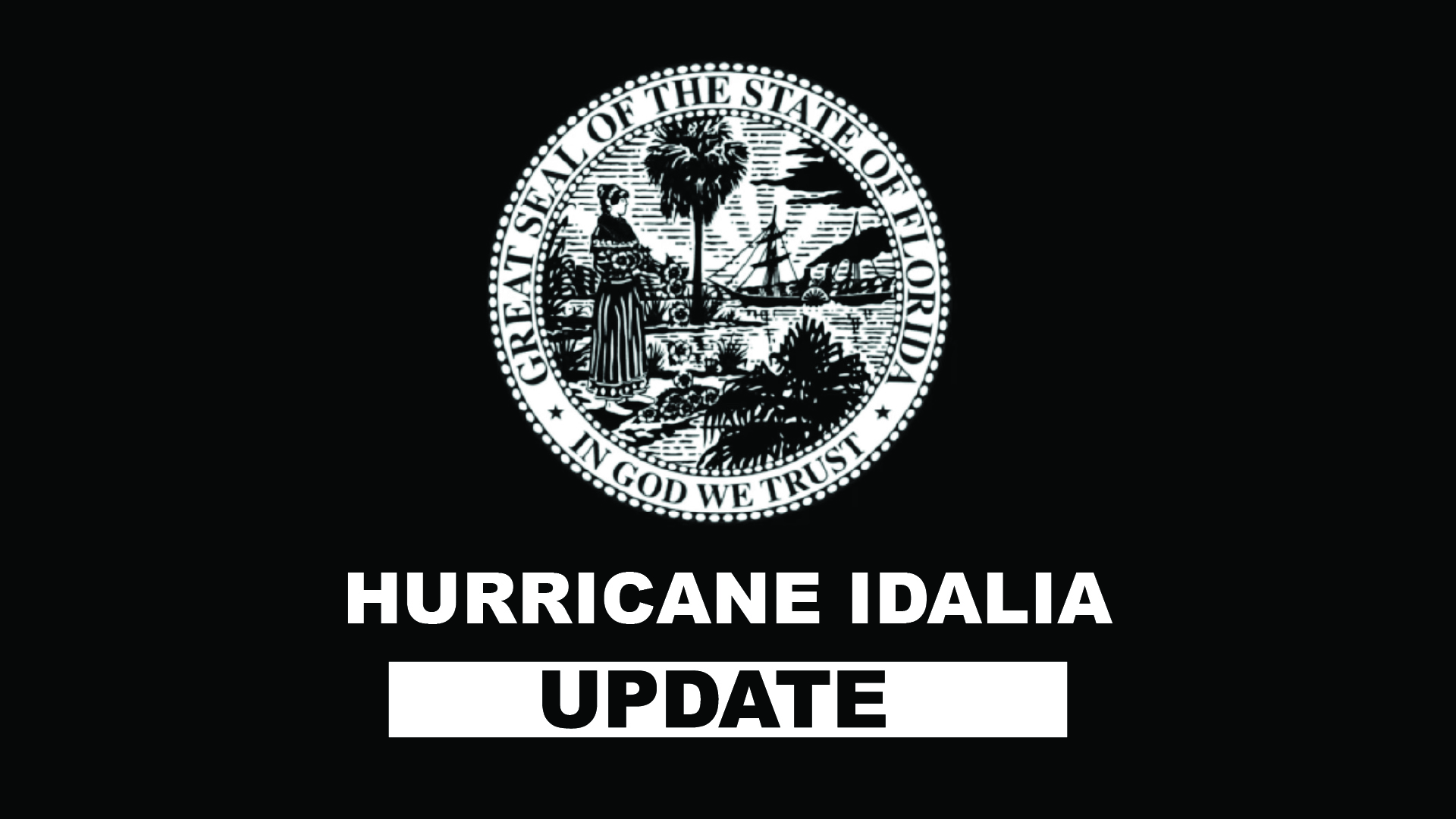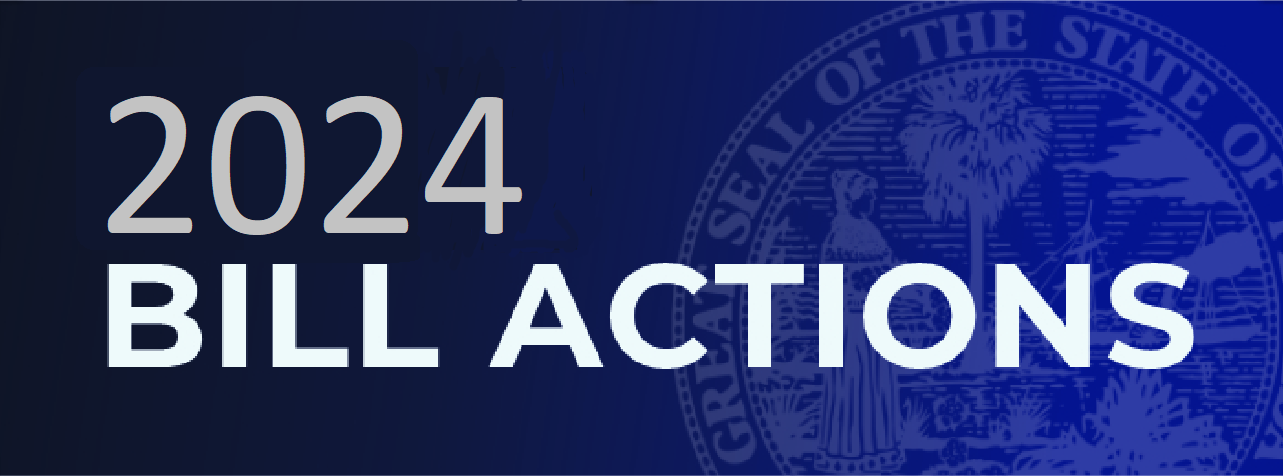MIAMI, Fla.—Today, Governor Ron DeSantis highlighted substantial investments in both pediatric and cancer care and signed three bills furthering health care innovation, health care research, and patient care in Florida: Senate Bill 1582, Senate Bill 7072, and House Bill 885.
“Between our strong investments in both pediatric and cancer care and the legislation signed today,” said Governor Ron DeSantis, “Florida will significantly boost our efforts to expand quality health care and innovation.”
“I am grateful to join the Governor today to sign legislation that will advance medical research and cures for Floridians, especially for pediatric and cancer patients across the state,” said First Lady Casey DeSantis. “By fostering innovation, encouraging data sharing and cooperation, and expanding cancer-related resources, Florida will bring the fight against cancer to a whole new level.”
Senate Bill 1582 does the following:
- Creates the Andrew John Anderson Pediatric Rare Disease Grant Program to provide grants to advance research and cures for rare pediatric diseases.
- Creates a new profession for environmental health technicians and allows them to perform septic tank inspections without a four-year degree.
- Clarifies the responsibility for administering newborn screenings and the submission of newborn screening cards.
- The bill also adds genetic counselors to the list of health care practitioners who may receive state lab results.
- Standardizes newborn, infant, and toddler health and hearing screening to ensure timely diagnoses of diseases.
Senate Bill 7072 does the following:
- Enhances the Casey DeSantis Cancer Research Program to include promoting high-quality, innovative health care for people undergoing cancer treatment in Florida and creates additional accountability measures for the program.
- Codifies the Cancer Connect Collaborative in statute and provides that the Collaborative is created within the Department of Health (DOH) to advise the Florida DOH and the Legislature on developing a holistic approach to the state’s efforts to fund cancer research, facilities, and treatments. Additionally, the Collaborative must:
- Advise the DOH on awarding grants issued through the Cancer Innovation Fund;
- Make recommendations on proposed legislation, rules, best practices, data collection and reporting, grant funds issuance, and other state policy proposals relating to cancer research or treatment; and
- Develop a long-range comprehensive plan for the Casey DeSantis Cancer Research Program by December 1, 2024.
- Revises membership of the Florida Cancer Control and Research Advisory Council from 15 to 16 members and requires that one member be a representative of the Mayo Clinic in Jacksonville.
House Bill 885 does the following:
- Requires the Division of State Group Insurance and allows Florida Medicaid to provide coverage for biomarker testing for the diagnosis, treatment, management, and ongoing monitoring of diseases or conditions, to guide treatment decisions when such testing provides clinical utility as demonstrated by medical and scientific evidence.
“These investments made by our Legislature and championed by Governor DeSantis will help ensure that Floridians continue having as many opportunities as possible to achieve their health goals,” said Florida Department of Health Surgeon General Dr. Joseph Ladapo. “These investments continue to show our commitment to prioritizing the well-being of all Floridians.”
Last week, Governor Ron DeSantis signed the Focus on Florida’s Future Budget, representing a monumental investment of $116.5 billion in our state. Among those significant investments are continued investments in health and human services in Florida, including:
- $456.5 million investment to support the health of pregnant women, new moms, and children;
- More than $232 million for cancer research, with $60 million for the Florida Cancer Innovation Fund, a 200% increase, and $127.5 million for the Casey DeSantis Cancer Research Program;
- $3 million to support research and grants for pediatric cancer in the coming year’s budget;
- $138 million over the last two years to increase Medicaid rates for pediatric physicians, including increases provided in this year’s budget;
- Nearly $85 million for inpatient/outpatient policy adjusters for specialty children’s hospitals that provide acute care services to children; and,
- $255,000 to support Nicklaus Children’s Hospital in providing specialized care for patients they serve through CMS
###
.jpg)






.jpg)
